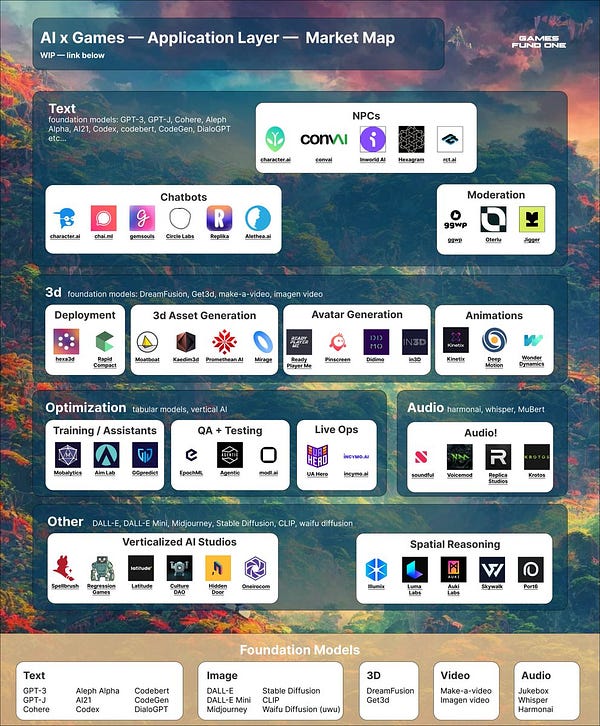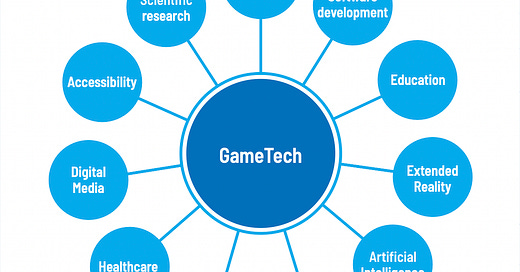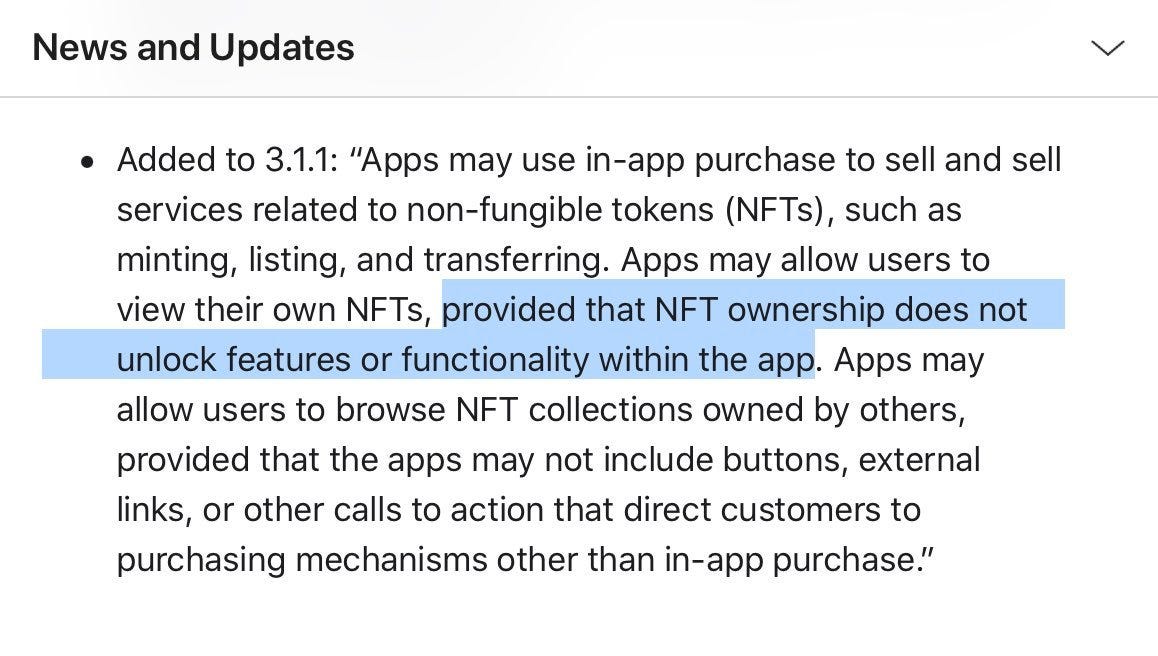Innovation Arises from Restrictive Conditions, Gametech Changing the World & the Light Side of VR
Big News
Innovation Arises from Restrictive Conditions
Goodbye Miniclip, hello nostalgia! 6 days ago, the Miniclip website finally shut down. In 2009, most kids were spending their time on these Flash Player game websites – a simpler time when attention wasn’t split between so many different devices and consoles. Miniclip is also reminiscent of an era where games didn’t experience as many roadblocks in distribution as they do today, they could easily get discovered. Take Club Penguin for instance, which in 2013 had over 220 million registered player accounts!
Today if you want to publish a mobile game on the App Store, you have to factor in Apple’s high fees – a 30% cut and this rule is also applicable to every single in-app purchase.
Important to note however, that despite having 123% more games on offer, the App Store saw 86% fewer game downloads than the Google Play Store in Q3 2022. Recently, Apple updated their guidelines, most probably pre-empting the wave of blockchain and NFT-enabled applications that will flood the App Store in coming years.
Although this may seem like terrible news, we like Vance Spencer’s interpretation (see below) that these restrictions could very well serve to push innovation. The gaming space is so difference to how it was back in 2009, there is 10x more competition and the race to create genre-defining games is ongoing.


Gametech: How Video Games are Seriously Changing the World
Key takeaways:
Today, Asia is the largest region for gaming with a total of 1.5 billion players spending over $86 billion on video games software and services.
The video games industry is a driver of tech innovation worldwide and ‘gametech’ has produced significant economic and societal benefits including scientific breakthroughs, the creation of entirely new industries, the development of new products, increased job opportunities, new ways of learning and even individual healthcare.
Game-based learning is another sector where gametech has benefited education which has led to upskilling, new career paths and increased student motivation.
Gametech has many untold societal benefits, and accessibility in games has been broadly socially productive.
“A survey of people with disabilities in Japan (2021) found that 50.9% of respondents believed that gaming and esports allowed them to connect more with the world.”
Gametech is at the center of the metaverse, which refers to the evolution from Games-as-a-Service to Games-as-a-Platform.
“Key building blocks of the metaverse, from the creation of 3D virtual worlds, to integrating user generated content, to developing the devices and haptics that will open the portal to these worlds, are all things the video games industry has excelled at for decades. To this end, the impacts of gametech are only poised to become more integral to global economies and our own daily lives.”
You can check out Niko Partners’ whitepaper here.
Below is a great thread outlining the “light” side of VR, especially because it is one of the most highly prejudiced, and arguably misunderstood, emerging game technologies.

Little News
Rapid Fire
Meta’s metaverse losses top $9.4 billion for the year, but if there’s a founder you should bet on, it’s probably Mark Zuckerberg.
Xbox CEO Phil Spencer: the metaverse is a “poorly built video game”.
Mobile gamers spent $1.4B per week in Q3 2022.
Some More








As always, thank you for reading.
Please share the newsletter and join our new Reddit community r/FrontierGamingWatch. Until next time!








